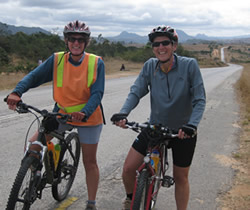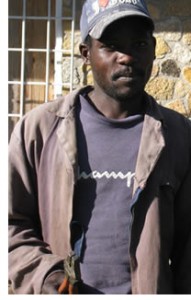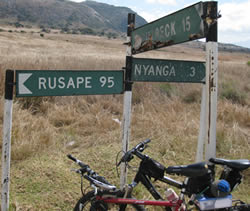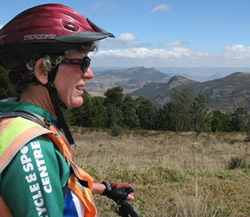If you would have told me that I could co-author a book in my mid-twenties a decade ago, I would have laughed you off and told you you were mad!
Ask anyone who knew me as a teenager what I was like and they’ll probably tell you they are a bit surprised I have made something half-decent of myself since.
I was always the moody reclusive one who simply hated everything about me – from my height to my weight to my teeth to my feet to my soul. Nothing looked or felt good. Nothing about me seemed loveable – at least to me.
And I didn’t believe I had a vagueness of brightness in my future. Just take this entry into one of my old diaries that I earthed up recently:
Sunday August 20 2000
Time goes by. Hours turn to days which turn into weeks, months, years. Then eventually, you realise how everything is one day going to be a speck of nothing in history. What’s the whole point of this melodrama?
I continued the next day to say,
I can’t just base my life on delayed gratification and wait my turn in the Good Fortune’s Queue. There’s no future for a person who sees no future in their future.
It’s funny how I proved myself wrong because though I didn’t believe in a future for me, I did wait in that Good Fortune’s Queue and have made it to today to some place where I can say with affirmation that I AM going somewhere – and that that somewhere is to the top!
So what changed within me, you ask. At which point did I draw the line and decide that I would be someone and do something?
I can’t answer that question with any certainty because there was no line drawn, no unequivocal decision made.
A series of events – which at first seemed tragic – somehow led me to today where I can look back and say, “Ah, yes, that had to happen to get me to today!”
What are those events?
The most important has to be the collision between the spectacular fall from grace of the Zimbabwean economy and my ending high school. While everyone else’s folks were able to send them to South Africa, Australia, the UK and the US for a sound university education, I had to stay behind and wade through a new culture of learning and living that was far removed from my pristine private school education.
I had to learn to queue for money, bread, milk and text books; to save up my devaluing spending money to check information on the Internet; to catch the slow-chugging uncomfortable train between Bulawayo and Harare on semester breaks and lastly (and most unpleasantly) to share communal bathrooms in a dingy YWCA hostel where the scampering rats in the roof kept me company on the late nights I stayed up to read.
I often felt like giving up and saying it was too hard for me, that I was too fragile, too broken to keep fighting. And there were tears and thoughts of giving up for I didn’t see the future in my future.
But somehow I didn’t give up, hardly knowing where the fight back could possibly take me, hardly believing that I could ever catch up with all my former schoolmates whose lives in the photos I saw of them seemed so much more of a joy to live than my much tougher version.
And slowly, things began to open up. Slowly, I began to surprise even myself – the hardened sceptic who had preached doom over my own life. Slowly, the words that I wrote and shared began to resonate with life and recognition among people I could never have believed read them.
Perhaps my most startling revelation was one fine Wednesday morning in May 2007, when as an intern on university attachment, I received an email from an organisation based far off in Uganda telling me that I had won an Africa-wide award for HIV and AIDS communication for the articles I had been writing about the epidemic in my part of the world. Just remembering the moment, I can feel the same knot of incomprehensible excitement tighten within my belly.
My prize was to finally leave Zimbabwe, after 23 years of never having seen anything but this one nation, to get on an aeroplane for the first time in my life and fly off to Sandton in South Africa to stay in the Hilton Hotel and attend fancy does and tour some of the must-see places in Gauteng.
Call that a quadruple shock and delight to my system!
And now, I cannot even condense what has happened in my life in just three short years since that adventure.
A lot of it is unbelievable, indescribable, magical.
There’s no future for a person who sees no future in their future.
I wrote that once with my own hands. I spoke negativity into my own situation yet in many ways I said something so very true.
There is no future for a person who sees no future in their future.
When I couldn’t see the future myself, God saw it for me instead. I have no doubt that it is He who has picked me up on the many occasions that I have fallen and broken. And He hasn’t done this for only my benefit.
He has done this so that I may be an example of what can come from the humblest and most improbable of beginnings, of what can flower from an unyielding bud.
Today, I hold a book in my hand – a book of some of the poems that I wrote in my deepest despair and fears about the world, a book of many poems that define me today as a woman who knows what I want and where I am going.
There is a future for me.
And that’s because finally, I see a future in my future.
See a future in your future too, and flower wild and uncontainable.
And yes, enjoy the sunflowers in your eyes.













